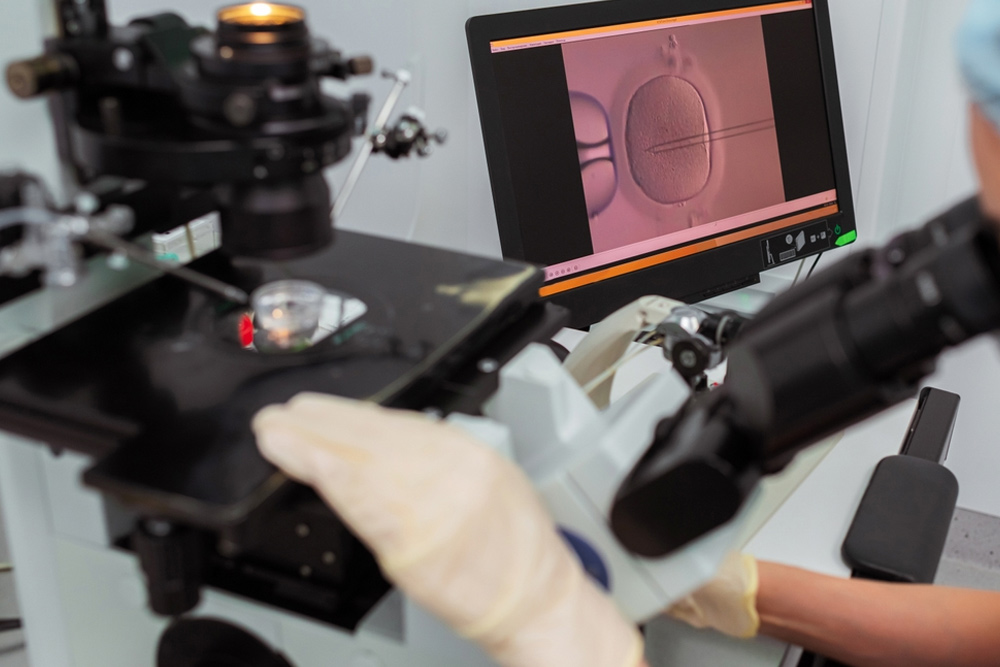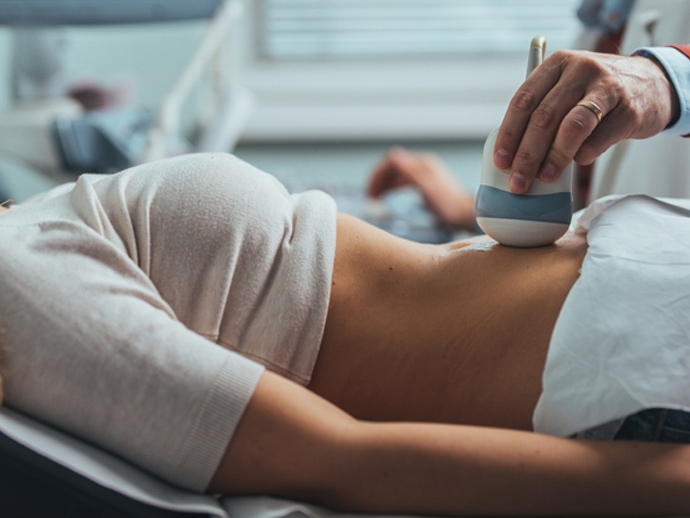At Sai Fertility Centre and Hospital, we are committed to providing comprehensive fertility solutions to couples struggling with infertility. Our state-of-the-art facility in Chengalpattu offers advanced In Vitro Fertilization (IVF) treatment with a focus on personalized care, innovation, and high success rates. With a team of skilled fertility specialists, embryologists, and support staff, we are recognized as one of the best fertility centre in Chengalpattu and Chennai, offering hope to couples on their journey to parenthood.
In Vitro Fertilization (IVF) is one of the most effective fertility treatments, involving the process of fertilizing an egg with sperm outside the body in a controlled laboratory environment. Once fertilization occurs, the resulting embryo is transferred to the woman’s uterus, where it can implant and develop into a pregnancy.

The IVF treatment process involves several key steps, all performed with the highest level of precision and care at Sai Fertility Centre and Hospital. Here's what you can expect during your IVF treatment journey:
Before beginning IVF treatment, our fertility specialists conduct a thorough evaluation of both partners to determine the best course of action. This includes:
During IVF, we stimulate the ovaries to produce multiple eggs in a single cycle. This is achieved through daily hormone injections over a period of 8-14 days.
Once the follicles have matured, a minor surgical procedure is performed to retrieve the eggs. This procedure, known as ovarian aspiration, is done under light sedation.
On the day of egg retrieval, a sperm sample is collected from the male partner or a donor, which is then prepared for fertilization.
Once the embryos have developed, the most viable embryo is selected for transfer into the uterus.
Approximately two weeks after the embryo transfer, a blood test is performed to check for pregnancy. If successful, you will continue with follow-up care at our center to monitor the pregnancy.
We pride ourselves on being the best IVF treatment center in Chennai and Chengalpattu, offering personalized care throughout every stage of the IVF process.

At Sai Fertility Centre and Hospital, our IVF success rates are among the highest in the region, thanks to our advanced technology, experienced team, and patient-centered approach. However, several factors can influence the outcome of IVF treatment, including:
If you are struggling with infertility and are considering IVF treatment in Chengalpattu, Sai Fertility Centre and Hospital is here to help. As one of the best fertility centre in Chennai and Chengalpattu, we provide expert care, compassionate support, and a proven track record of success
Contact us today to schedule a consultation with our team of fertility specialists. Let us guide you through the IVF process and help you take the first step toward building your family
Find answers to commonly asked questions about IVF treatment and what to expect during the process.
Make an appointment Make an appointmentIn vitro fertilization (IVF) is a process where eggs and sperm are combined outside the body to create embryos. These embryos are then transferred into the uterus to achieve pregnancy.
Common reasons for IVF include blocked or damaged fallopian tubes, male factor infertility, ovulation disorders, endometriosis, unexplained infertility, and age-related fertility decline.
During the initial consultation, your medical history will be reviewed, hormonal testing and semen analysis will be conducted, and pelvic ultrasounds will be performed. This evaluation helps in customizing your IVF treatment plan.
Ovarian stimulation involves administering daily hormone injections to encourage the ovaries to produce multiple eggs. This phase is monitored closely through blood tests and ultrasounds to track follicle growth.
Egg retrieval, or ovarian aspiration, is a minor surgical procedure performed under sedation. A thin needle is inserted into the ovaries using ultrasound guidance to collect the mature eggs.
A sperm sample is collected and prepared for fertilization. The eggs and sperm are combined in the lab, and fertilization occurs either naturally or through Intracytoplasmic Sperm Injection (ICSI). The resulting embryos are monitored for development.
The embryo transfer is a simple, painless procedure where the most viable embryo is placed into the uterus using a thin catheter. Any extra healthy embryos can be frozen for future use.
Approximately two weeks after the embryo transfer, a blood test is conducted to check for pregnancy. If successful, follow-up care will continue to monitor the pregnancy and ensure proper development.